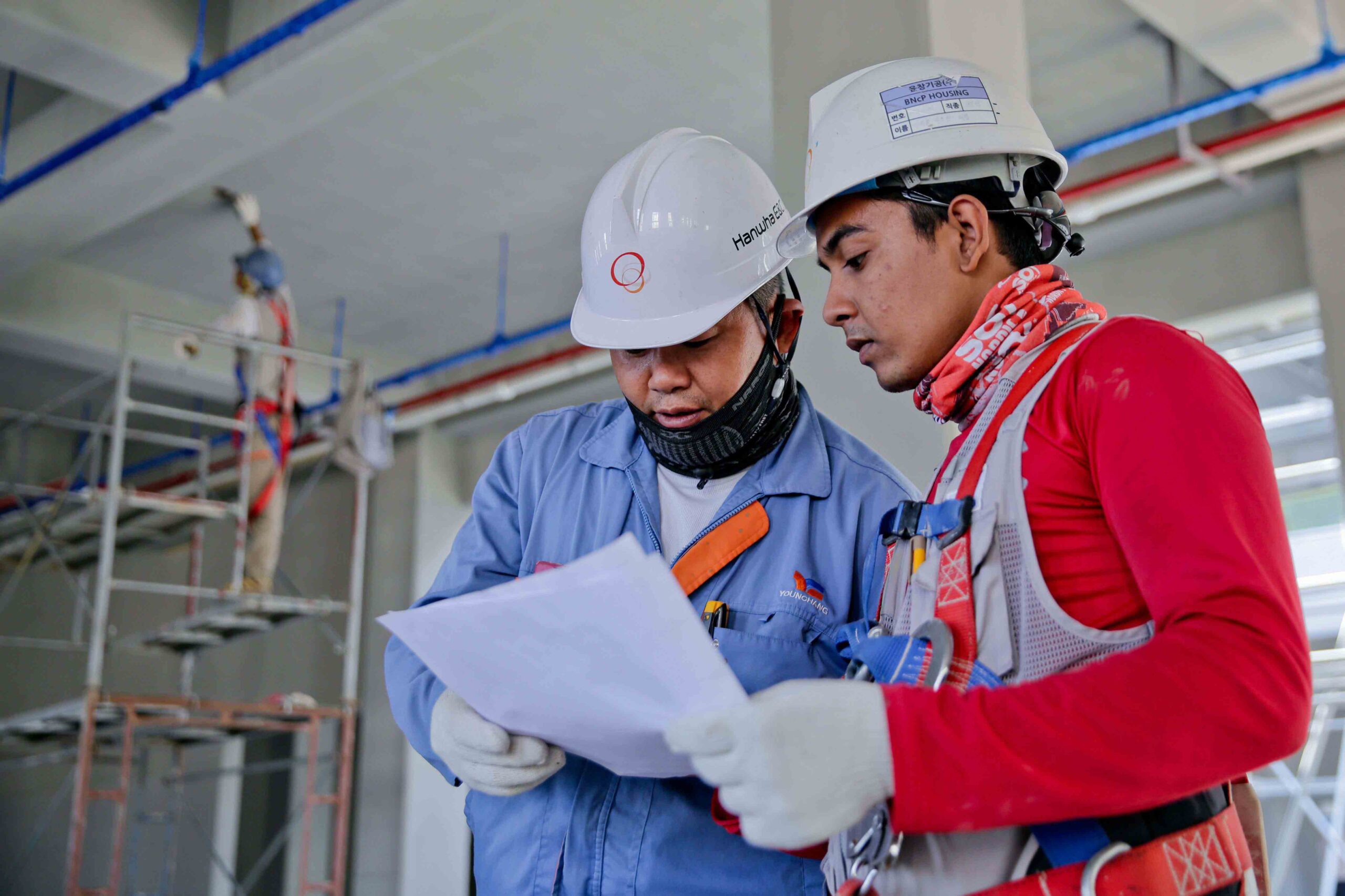Too often, teams are built around roles instead of superpowers. But in reality:
•Roles can change – a product owner might shift to sales, a founder might step aside.
•Superpowers don’t – people revert to their natural strengths, especially under pressure.
This distinction is critical. A well-balanced team isn’t just about hiring the right talent—it’s about understanding how individuals naturally contribute to growth.
Beyond Labels: Why Superpowers matter more than skills
A goalkeeper might step in as a striker when needed—but can they truly excel in that role long-term? Some people evolve into generalists, switching between roles fluidly, while others remain specialists, thriving in deep expertise. Neither is better than the other. The key is understanding their natural elasticity—how far they can stretch before performance declines.
•Specialists master their craft and thrive in deep expertise. A top striker wants to take 20 shots on goal, knowing that only one might go in—that’s their game.
•Generalists adapt across different roles, having built experience in multiple positions over time. They act as the connectors, ensuring alignment.
The challenge? Forcing someone too far outside their natural range creates risk.
•A specialist pushed into high-flexibility roles will likely burn out.
•A generalist forced into deep specialization may struggle with focus
Instead of forcing roles, we need to design teams around natural strengths.
The Self-Image Trap: Can you see yourself clearly?
Many teams struggle not because of missing skills but because of misalignment between self-perception and peer feedback.
If a leader sees themselves as visionary but their team perceives them as inconsistent, misalignment and frustration arise.
At GrowthGuides, we map this misalignment using TeamAnalyser, revealing:
•Who thrives in their natural strength zone?
•Who is stretching too far beyond their superpower?
•Where are the biggest blind spots in your leadership team?
The result? Clarity on who should lead, execute, or connect—and where adjustments are needed.
The Myth of the Universal Generalist
In today’s business world, we hear: “Everyone should be flexible, agile, and able to do everything.”
But pushing every team member into a generalist mindset is a mistake.
•Specialists thrive when they engage deeply with like-minded experts, working in focused environments to drive breakthroughs.
•Generalists connect, translate, and align—ensuring specialists don’t work in silos but as part of a cohesive team.
Both are essential. But expecting a specialist striker to become a risk-averse strategist is as unrealistic as asking a goalkeeper to be the top scorer.
Instead of trying to create “balanced” individuals, we need to build balanced teams.
What This Means for Your Team
A successful team isn’t about having the best individuals—it’s about having the right combination of superpowers, aligned with the team’s growth phase.
•Startups need a mix of pioneers and fast-moving generalists.
•Scale-ups require builders and execution power to sustain momentum.
•Established companies need to balance structure with innovation to stay relevant.
When was the last time you evaluated whether your team composition matches its growth phase?
Build a team that works with—not against—its Superpowers
At GrowthGuides, we don’t just assess teams—we architect them for success.
Want to uncover your team’s true potential? Let’s explore the next step. Let’s talk.






